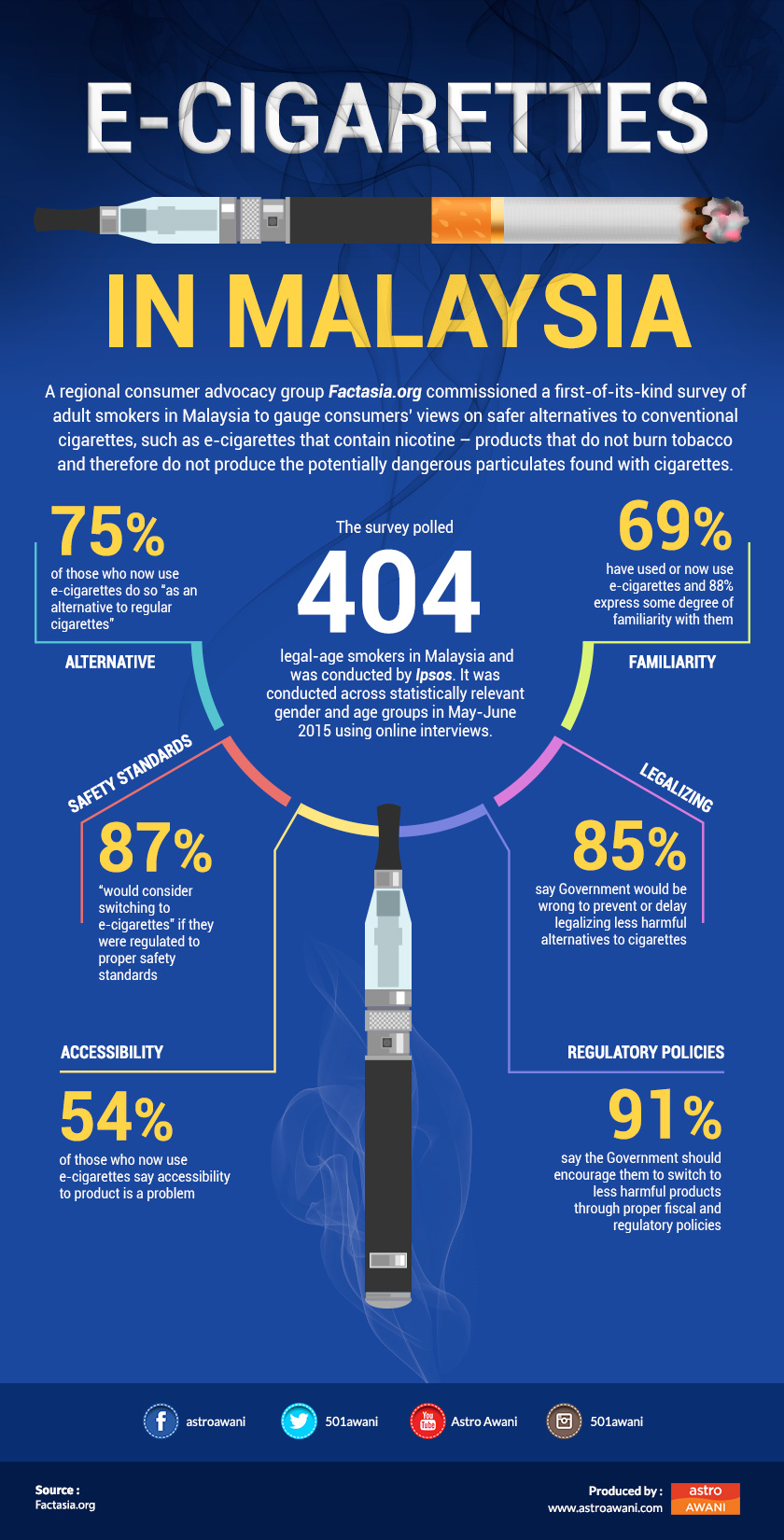Have you ever wondered if vaping is haram or not? This question has sparked intense discussions among Muslims worldwide, especially as vaping becomes increasingly popular. It's not just about nicotine—it's about ethics, health, and religious interpretations. Whether you're a smoker looking for alternatives or someone curious about the topic, this article dives deep into the matter. So, let's get started and explore the vaping dilemma from an Islamic perspective.
Vaping, the act of inhaling aerosol from electronic cigarettes, has taken the world by storm. But for Muslims, it’s not just about trends; it’s about aligning practices with faith. The debate over whether vaping is halal or haram is complex, requiring a closer look at Islamic teachings, health impacts, and expert opinions.
In this article, we’ll break down everything you need to know about vaping in Islam, including its potential health risks, what scholars have to say, and how it fits within the framework of Islamic law. By the end, you’ll have a clearer understanding of whether vaping aligns with your beliefs—or if it’s better left alone.
Read also:Aquarium Restaurant Nashville Photos Dive Into An Underwater Dining Experience
Why Is Vaping Controversial in Islam?
Let’s start with the basics. Vaping is often seen as a healthier alternative to traditional smoking, but that doesn’t necessarily make it halal. In Islam, anything that harms the body is generally considered haram, as humans are entrusted with taking care of their bodies as a gift from Allah. This principle lies at the heart of the vaping debate.
Some argue that vaping is less harmful than smoking cigarettes, making it permissible. Others insist that any substance that could potentially harm the body—even minimally—is forbidden. The lack of long-term research on vaping adds another layer of complexity to the discussion.
Health Implications of Vaping
One of the biggest concerns about vaping is its potential health effects. While e-cigarettes don’t contain tobacco, they do contain nicotine, flavorings, and other chemicals that can be harmful. According to the Centers for Disease Control and Prevention (CDC), vaping can lead to lung injuries, addiction, and even cardiovascular issues.
- Nicotine is highly addictive and can negatively affect brain development in young people.
- Flavorings used in e-liquids may contain harmful chemicals like diacetyl, which has been linked to respiratory problems.
- Long-term effects of vaping are still largely unknown due to its relatively recent emergence.
From an Islamic standpoint, anything that poses a risk to one’s health can be deemed haram. After all, the Quran emphasizes the importance of preserving life and avoiding harm.
What Do Islamic Scholars Say About Vaping?
Islamic scholars have differing opinions on vaping, reflecting the diversity of interpretations within the faith. However, most agree that the permissibility of vaping depends on its impact on health and well-being.
Some scholars, like Sheikh Muhammad Al-Munajjid, argue that vaping should be avoided due to its potential health risks. Others take a more lenient approach, stating that if vaping is used as a tool to quit smoking, it might be considered permissible under certain circumstances.
Read also:Sssnipwolf Naked Unveiling The Truth Behind The Viral Sensation
Key Points from Scholarly Opinions
- Sheikh Yusuf Estes: Vaping is discouraged because it introduces foreign substances into the body without clear benefits.
- Fatwa Councils in various countries: Many councils classify vaping as makruh (disliked) but not outright haram unless proven harmful.
- Modern scholars: Emphasize the importance of personal responsibility and seeking knowledge before adopting new habits.
Ultimately, the decision to vape or not often comes down to individual interpretation and consultation with knowledgeable religious authorities.
Does Vaping Violate Islamic Principles?
Islam teaches the principle of "La Darar wa La Dirar" (no harm and no harming), which prohibits actions that cause harm to oneself or others. This principle plays a crucial role in determining whether vaping is haram.
Here are some key Islamic principles to consider:
- Tahreem al-Mafsidah: The prohibition of harmful substances. If vaping is proven to harm the body, it would fall under this category.
- Hifdh al-Nafs: The preservation of life. Muslims are encouraged to maintain good health and avoid anything that could jeopardize it.
- Intention Matters: If someone uses vaping as a means to quit smoking, their intention might be seen as noble, potentially making it permissible.
Understanding these principles helps clarify why many Muslims question the permissibility of vaping.
Is Vaping Halal or Haram? Let’s Break It Down
Now, let’s address the million-dollar question: Is vaping halal or haram? The answer isn’t black and white. It depends on several factors, including:
- The individual’s health condition and susceptibility to harm.
- The purpose of vaping (e.g., quitting smoking vs. recreational use).
- Scientific evidence regarding the safety of vaping.
For those seeking clarity, here’s a simplified breakdown:
When Vaping Might Be Halal
- Used as a tool to quit smoking traditional cigarettes.
- Proven to be significantly less harmful than conventional smoking.
- Consumed responsibly and without excessive addiction.
When Vaping Might Be Haram
- Causes noticeable harm to the body or mind.
- Used purely for recreational purposes without a valid reason.
- Contains ingredients explicitly forbidden in Islam (e.g., alcohol-based flavorings).
Remember, the decision ultimately rests on personal judgment and adherence to Islamic teachings.
What Does the Quran Say About Vaping?
The Quran doesn’t specifically mention vaping, as it predates modern technology. However, certain verses provide guidance on how Muslims should approach such issues:
- Surah Al-Baqarah (2:195): “And do not throw yourselves into destruction.” This verse warns against engaging in activities that harm the body or soul.
- Surah Al-Ma’idah (5:32): “Whoever saves a life, it is as if he has saved all of humanity.” This highlights the importance of preserving life and health.
These teachings remind Muslims to prioritize their well-being and avoid anything that could lead to harm. While vaping itself isn’t explicitly forbidden, its alignment with Islamic principles remains questionable.
Scientific Evidence on Vaping: What You Need to Know
To better understand the vaping debate, let’s examine the scientific evidence:
- Studies show that vaping is up to 95% less harmful than smoking traditional cigarettes, according to Public Health England.
- However, vaping isn’t completely risk-free. It can still lead to nicotine addiction and other health issues.
- Research is ongoing, and more data is needed to fully understand the long-term effects of vaping.
For Muslims, this uncertainty raises red flags. Without conclusive evidence of safety, many choose to err on the side of caution and avoid vaping altogether.
What About Secondhand Vape?
Another concern is secondhand vape exposure. While not as harmful as secondhand smoke, it still contains chemicals that could affect others. In Islam, causing harm to others is strictly prohibited, making this aspect of vaping particularly troubling.
Alternatives to Vaping: What Can Muslims Do?
If you’re looking to quit smoking or avoid harmful substances altogether, there are plenty of alternatives to vaping:
- Nicotine replacement therapy (patches, gum).
- Counseling and support groups.
- Healthy lifestyle changes, such as exercise and diet adjustments.
These options align with Islamic principles of self-care and avoiding harm. Plus, they don’t involve introducing foreign substances into the body.
Final Thoughts: Is Vaping Haram?
So, is vaping haram? The answer depends on individual circumstances and interpretations. While some scholars consider it makruh or discouraged, others deem it outright haram due to its potential health risks. Ultimately, the decision lies with each person and their commitment to living a healthy, halal life.
Before you vape, ask yourself: Is it truly necessary? Does it align with my values and beliefs? Consulting a trusted religious authority can also provide valuable guidance.
Don’t forget to share your thoughts in the comments below! And if you found this article helpful, feel free to share it with others who might benefit from it. Together, let’s foster a community that prioritizes health, faith, and knowledge.
Table of Contents
- Why Is Vaping Controversial in Islam?
- Health Implications of Vaping
- What Do Islamic Scholars Say About Vaping?
- Does Vaping Violate Islamic Principles?
- Is Vaping Halal or Haram? Let’s Break It Down
- What Does the Quran Say About Vaping?
- Scientific Evidence on Vaping: What You Need to Know
- Alternatives to Vaping: What Can Muslims Do?
- Final Thoughts: Is Vaping Haram?


